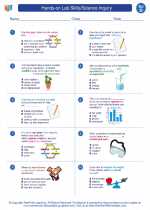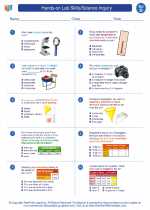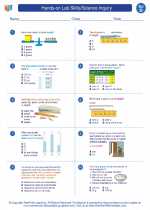Decomposers: Explained
Decomposers are an essential part of the ecosystem. They are organisms that break down dead or decaying organisms and organic matter, returning essential nutrients to the soil and making them available for other living organisms. Decomposers play a crucial role in the recycling of nutrients in ecosystems, and without them, the environment would be full of dead and decaying matter.
Types of Decomposers
There are various types of decomposers, including:
- Bacteria: Microscopic organisms that break down organic matter.
- Fungi: Organisms such as molds and mushrooms that decompose organic matter.
- Earthworms: Annelids that break down organic matter in the soil.
- Arthropods: Insects and other invertebrates that aid in the decomposition process.
Decomposition Process
The decomposition process begins when an organism dies. Decomposers then break down the organic matter, releasing nutrients such as nitrogen, phosphorus, and carbon back into the environment. This process is essential for the growth of new plants and the continuation of the food chain.
Role in the Ecosystem
Decomposers play a vital role in maintaining the balance of the ecosystem. They help prevent the accumulation of dead matter, recycle nutrients, and contribute to the fertility of the soil. Without decomposers, the environment would suffer from a lack of nutrients and an overabundance of waste.
Study Guide: Decomposers
- Define decomposers and explain their role in the ecosystem.
- List and describe at least three types of decomposers.
- Explain the process of decomposition and its importance in nutrient recycling.
- Discuss the impact of decomposers on the fertility of the soil.
- Compare and contrast the roles of decomposers and producers in an ecosystem.
- Research and present a case study on the importance of decomposers in a specific ecosystem.
Understanding the role of decomposers is essential for comprehending the intricate balance of ecosystems and the importance of nutrient cycling. By mastering this topic, you will gain a deeper appreciation for the interconnectedness of all living organisms.
.◂Science Worksheets and Study Guides Fourth Grade. Hands-on Lab Skills/Science Inquiry

 Worksheet/Answer key
Worksheet/Answer key
 Worksheet/Answer key
Worksheet/Answer key
 Worksheet/Answer key
Worksheet/Answer key
